Thriving Earth Exchange is pleased to announce our February 2022 cohort of Community Leads! They will work with Community Science Fellows to launch impactful community science projects. Some projects in this cohort are launched in partnership with the American Meteorological Society, and some are with communities who are members of the Anthropocene Alliance and ecoAmerica. Stay tuned for more information about the impactful projects to come from this launch and the communities who lead and inspire them!
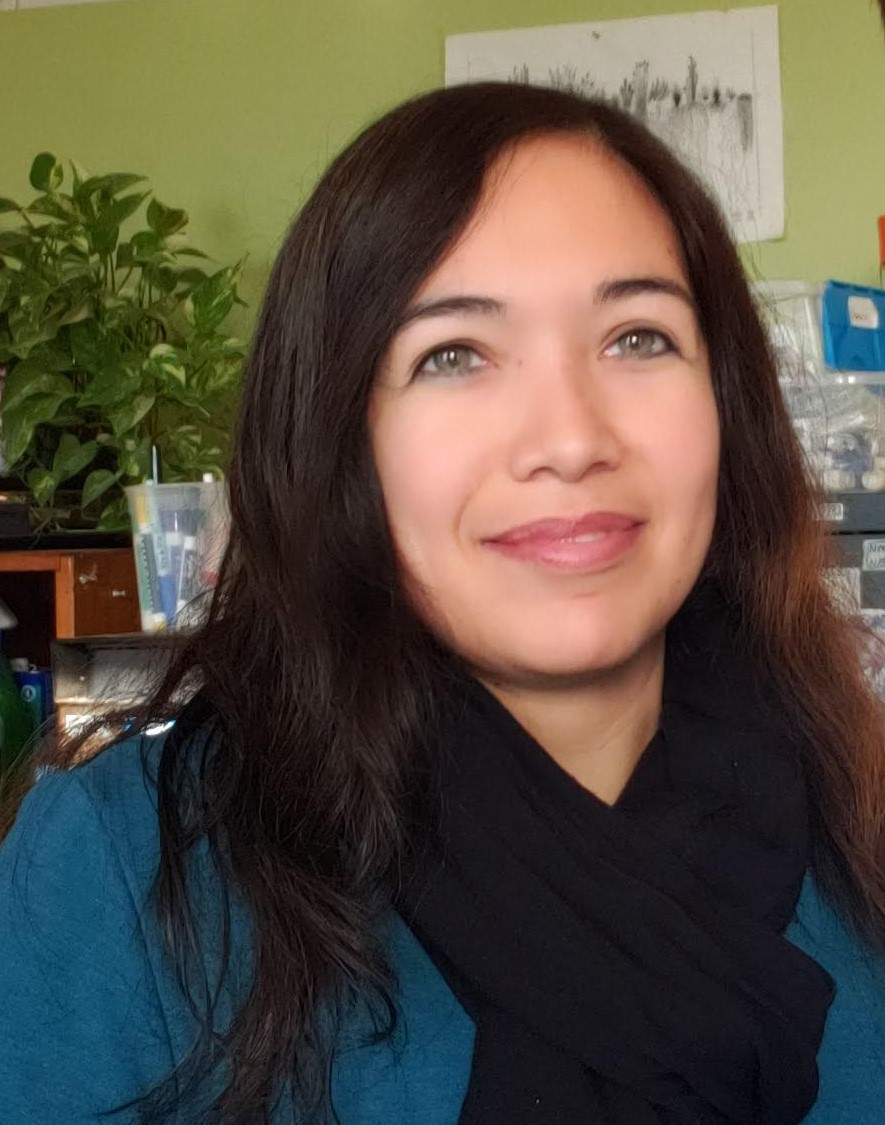
Amaris Alanis Ribeiro is the Center Director of the North Park Village Nature Center of the Chicago Park District. Amaris has more than fifteen years of experience in environmental science education, coordinating community engagement strategies, and developing STEM-equity programs at nonprofits, museums, botanic gardens, and the outdoors. Amaris is interested in asset-based approaches in centering communities in environmental education. As part of her community science project with Thriving Earth, Amaris hopes to co-create climate change, critical ecology, and environmental justice approaches in engaging the immigrant community in Albany Park, which is one of the most culturally and linguistically diverse neighborhoods in the country.
Amaris currently serves on the Advisory Board for Environmentalists of Color, Illinois Green Alliance, and Organic Oneness. Amaris has a BS in Ecology, Ethology, and Evolution from the University of Illinois at Urbana-Champaign and is completing a Master’s degree in Science Education from the Illinois Institute of Technology. Amaris is also a past participant of the Leadership Learning Labs (L3), One Sky Institute, and an ee360 Community EE Fellow. Amaris considers herself a city girl who always had a passion for nature, in both Chicago and Michoacán, her parents’ hometown in Mexico.

Autumn Hardy is a Dine’ (Navajo) woman, originally from Wheatfields, Arizona. Her work transpired from her own experiences growing up as a young Native American woman on the Dine’ reservation. Ms. Hardy began working at Rez Refuge seven years ago. She interviewed as a Tutor and quickly began integrating in other areas of the organization. Having grown up in the Fort Defiance community, Ms. Hardy graduated from high school at Window Rock High School, received her Certification as a Diabetes Prevention Specialist, went into Nursing School to come back to her community and use the tools and knowledge she learned at the University of New Mexico. However, at the time of working as a Tutor, Ms. Hardy grew curious about the potential that Rez Refuge could inspire meaningful programs for the youth and surrounding community. Taking a leap of Faith, Ms. Hardy turned from Nursing School and graduated with a degree in Human Services with a Concentration in Family Studies. Ms. Hardy currently lives in Gallup, New Mexico, with legal guardianship of her two youngest siblings who are fifteen and seventeen years old. She is now a Program Director at Rez Refuge and continues to strive to be an inspiring role-model for her community.
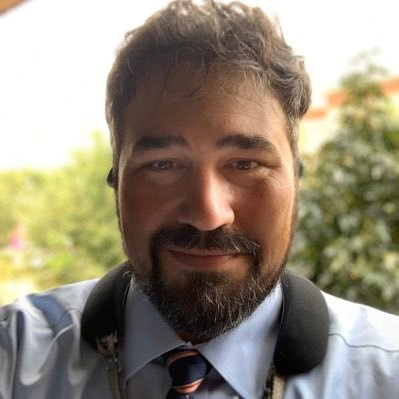
Charles Naney serves as a Public Health Epidemiologist for Guilford County Department of Public Health in Greensboro, North Carolina. He is working with other members of the community to co-create an advocacy coalition to investigate inequities in exposure to pathogenic and salutogenic determinants of health inequalities. Through his project with Thriving Earth, Charles hopes to identify real world, local solutions to begin to address public health inequities in the Greensboro community.
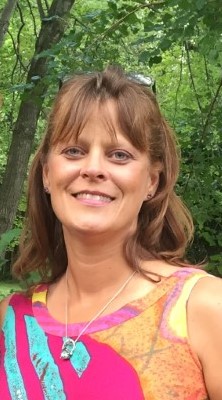
Dawn Taft is the Environmental Programs Manager and Arborist with the City of Hyattsville, Maryland. She manages all city green space to include organic sports fields, food forests, bioretention swales, and rain gardens as well as tree maintenance and planting. Dawn also directs a citizen stewardship program for invasives removal and develops environmental outreach and education events for volunteers and city residents. While serving the cities 2.7 square miles and 14 unique public parks for the past 8 years, it has become apparent that stormwater and flooding are some of their most pressing environmental challenges. As rainstorms increase in volume and intensity, it is imperative that communities begin to address resolution as soon as possible. Dawn is excited to begin a relationship with Thriving Earth Exchange and is looking forward to partnering with community scientists to develop solutions and gather informative data to address their environmental concerns.
Ellis Foley is an environmental planner with Montgomery County Planning Commission (MCPC) in Pennsylvania. During her years at MCPC, Ellis has worked on various projects related to planning, analyzing and implementing ongoing countywide environmental and sustainability projects. Ellis is involved with ongoing sustainability and resiliency initiatives such as the Climate Change Potential Vulnerability Analysis and ICELI’s Climate Action Plan program. Prior to joining MCPC, Ellis spent two years at Villanova University Center for Resilient Water Systems on the Delaware River Watershed Initiative activities and in particular applying triple bottom line model for the prioritization of green stormwater infrastructure projects. Previously Ellis has worked on a number of research projects including waste conversion and resource recovery technology development, renewable energy production/purchasing and paleoclimatology/palynology. Ellis holds a MS in Sustainable Engineering from Villanova University (Villanova, PA) and a BS in Biology and Environmental Science from Trinity College (Hartford, CT).
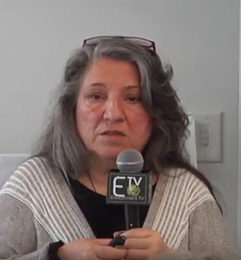
Gabriella Velardi-Ward is the co-founder of the Coalition for Wetlands and Forests, a coalition of Staten Island environmental groups, civic associations, condo associations and people who care. The Coalition’s current focus is to stop the destruction of the Graniteville Wetlands and Forests. Without this forested wetland, an environmental justice community and a nearby mobile home community of elderly, disable and low- income people will be at high risk of flooding.
Gabriella’s knowledge of design and construction, as well as her leadership in many social justice venues, have made her uniquely suited to lead the Coalition for Wetlands and Forests. Gabriella has been an artist, photographer, architectural designer, construction supervisor, and recently celebrated her 13th year as an ordained priest. As part of her Architecture degree, she studied architectural design, sustainable design, ecology, landscape design, and urban planning. After acquiring her Bachelor of Architecture degree, she spent two years as a member of the Pratt Institute Board of Trustees advocating for women’s rights, student’s rights, and international student’s rights. She worked for the NYC Department of Parks and Recreation (DPR) for 23 years as an architectural designer and construction supervisor. As an architectural designer, she represented the Parks Department to the Mayor’s Office of Construction for Sustainable Construction and helped to incorporate sustainability in design and construction within city-wide policy for large public projects. Gabriella designed the Willowbrook Carousel Pavilion and as a construction supervisor she supervised construction at Gracie Mansion as well as at Midland Beach before, during and after Hurricane Sandy.
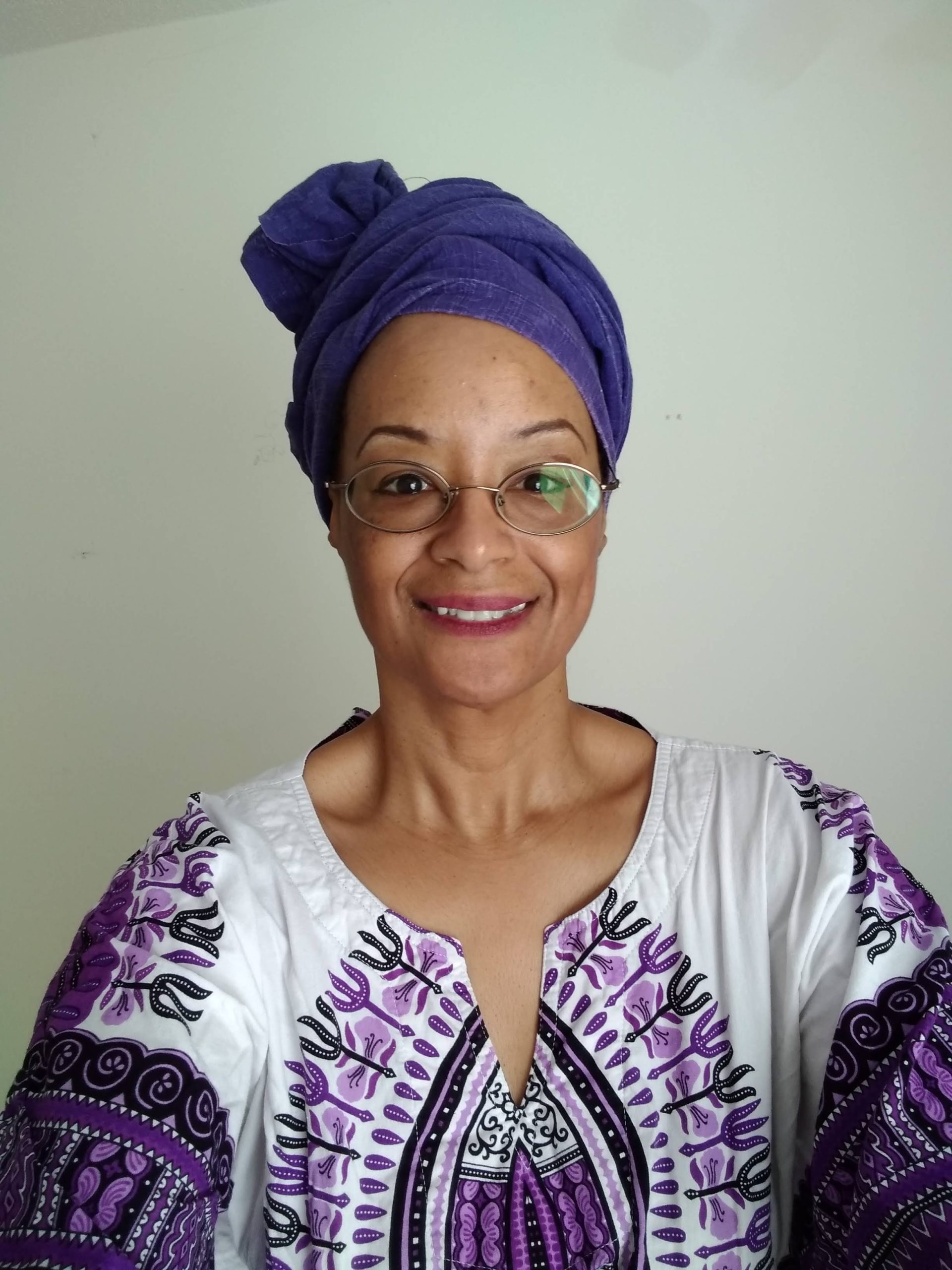
Jacqueline Jones leads Reidsville GA Community Floods, a community organization that advocates on behalf of community members impacted by flooding. Reidsville, Georgia, is an impoverished community that experiences flooding throughout the year. Jacqueline’s neighborhood experiences severe flooding with water levels that rise to her own windowsills. Through the community science project with Thriving Earth Exchange, Jacqueline hopes to identify stormwater drainage solutions to mitigate the severity and regularity of flooding in her neighborhood.
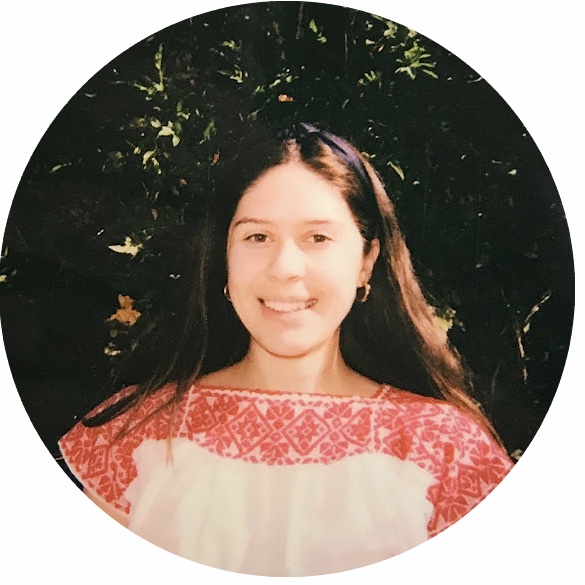
Jordan Salcido is the leader of Cleaner Greener Whittier, a grassroots organization that advocates for climate action in Whittier, California. Located in Los Angeles County, Whittier is known as the “City of Trees,” yet there are many communities that lack shade and are vulnerable to urban heat island effect. By collaborating with community scientists from Thriving Earth, Jordan plans to focus on mapping urban heat island effects to better understand the impacts of pollution on communities that have been historically underserved by science.
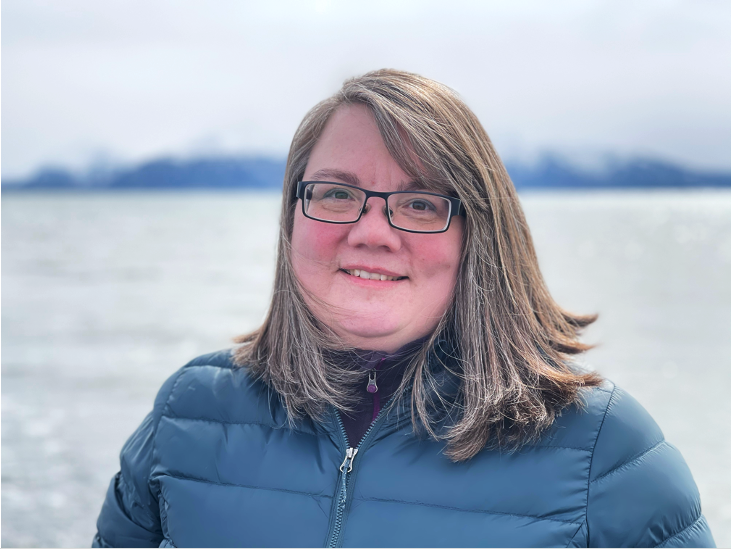
Laurie Stuart is the executive director of the Tyonek Tribal Conservation District, which conserves, enhances, and encourages the wise use of the natural resources to meet the needs of district stakeholders and foster cooperative relationships. Dr. Stuart is an experienced nonprofit executive with more than 10 years of leadership roles in science education, conservation, and nonprofit management. Prior to her work with the Tyonek Tribal Conservation District, Dr. Stuart served as the Director of Impact at Woodland Park Zoo in Seattle, and has previously held leadership positions at the Pratt Museum in Homer and at the Alaska SeaLife Center in Seward. A life-long Alaskan, Dr. Stuart earned her Doctorate of Education from the University of Missouri, with an emphasis on sustainability, social justice, and participatory methods in natural resource management. She also holds a Masters degree from the University of Alaska-Anchorage.

Spencer Wells is the Treasurer of Cleveland Lead Advocates for Safe Housing (CLASH), which is a community-based advocacy organization in Cleveland, Ohio. While seeking system solutions to the problems of low levels of child lead testing in the community, CLASH volunteers also carry out programs to educate and motivate at-risk families to encourage testing. Through the community science project with Thriving Earth, Spencer hopes to study the perceived and actual barriers to child lead testing, identify how other cities are addressing low rates of child lead testing, and promote a mobile child lead testing program. CLASH’s outreach campaign will include billboards, display posters in supermarkets, brochures, and community meetings featuring lead poisoning survivors, medical professionals, and church and civic leaders.

Susan Liley is the co-founder of the Citizens’ Committee for Flood Relief in De Soto, Missouri. After watching her neighbors suffer from flooding year after year, Susan and the Citizens Committee for Flood Relief have completed a project with volunteer scientists through Thriving Earth Exchange to implement a flash flood warning system with community members, develop watershed plans, pursue funding for buyouts of flooded homes, and develop relationships with civic leaders to advance pathways for action. Susan is excited to work with Thriving Earth community scientists once again to build from the outcomes of the previous project to design and implement a rain garden to reduce flooding.
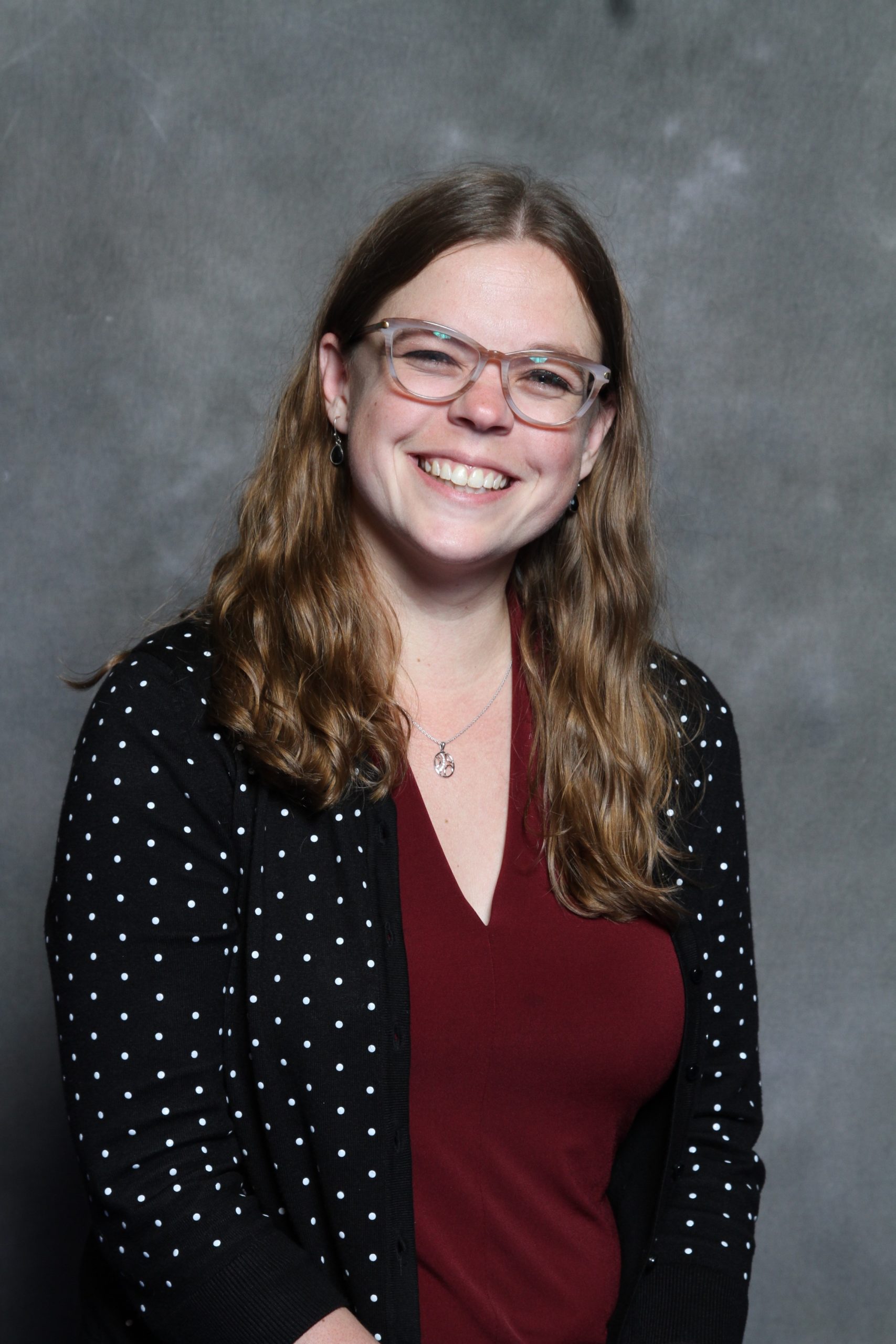
Tara Lambeth serves as the Coastal and Water Management Division Lead for St. John the Baptist Parish, Louisiana, where she works to alleviate flood risk as a Certified Planner and Floodplain Manager. Flood risks threaten the economies, infrastructure, populations, and the irreplaceable culture of St. John the Baptist Parish. With community scientist volunteers through Thriving Earth Exchange, Tara would like to conduct a study to map flood risk and identify green infrastructure solutions, enhance drainage, manage stormwater, and reduce nuisance flooding events.
Tara received a Master of Science in City and Regional Planning from Pratt Institute in Brooklyn, and a PhD in Urban Studies from the University of New Orleans. Prior to her work with St. John the Baptist Parish, Tara served as the Assistant Director for the Center for Hazards Assessment, Response and Technology at the University of New Orleans for five years, and as the Assistant Director of Planning and Zoning for Terrebonne Parish for two and a half years.
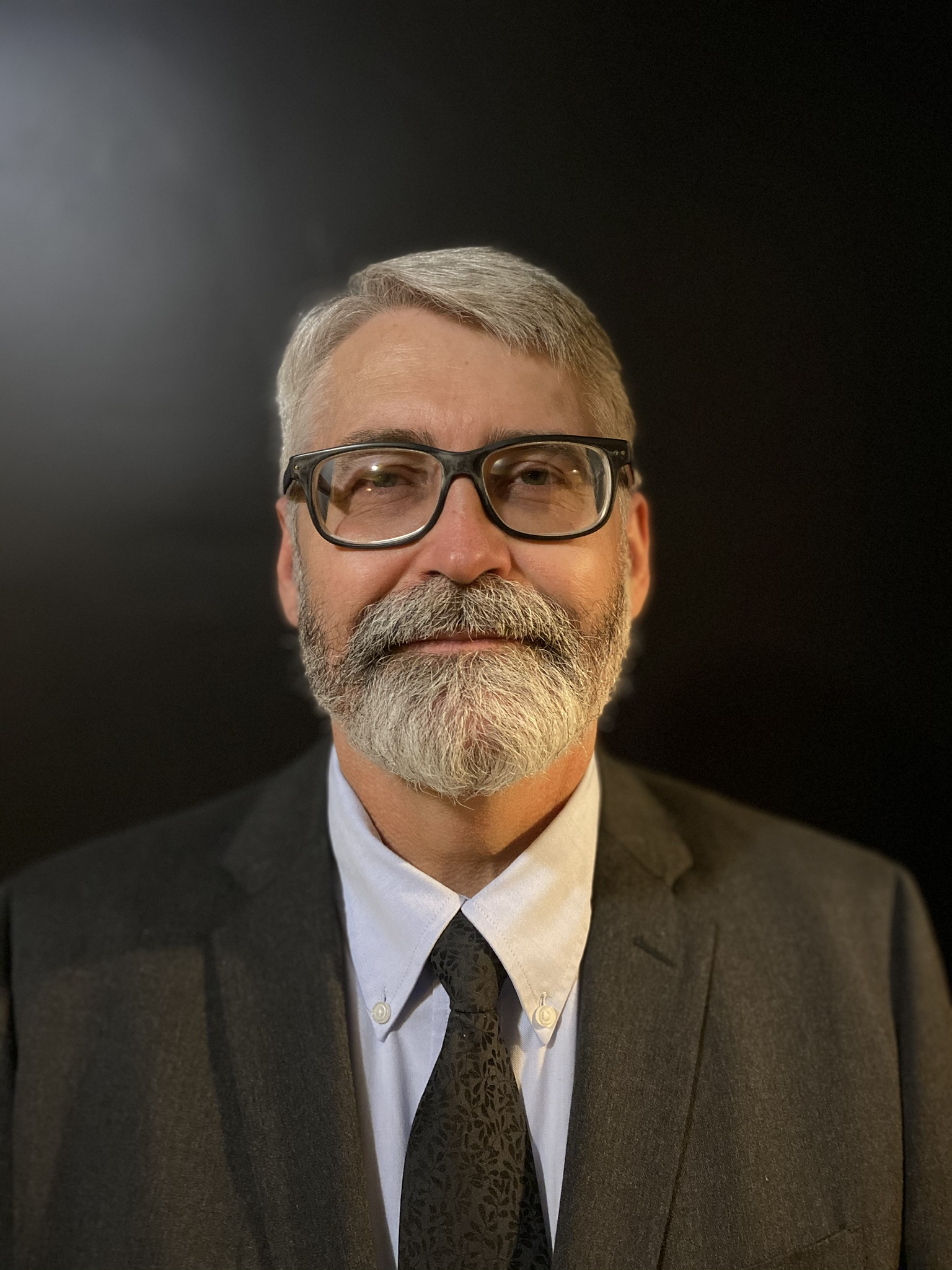
Vernon Haltom is the Executive Director of Coal River Mountain Watch, a grassroots organization founded in 1998 that works with communities impacted by mountain top removal in southern West Virginia. Coal River has been listed as one of America’s most endangered rivers, due largely to the pollution from mountaintop removal, acid mine drainage, and other coal industry impacts. Through Coal River Mountain Watch, Vernon works to combine local knowledge with technical expertise to advance self-sufficient communities that are in control of their natural resources. As part of the Thriving Earth Exchange community science project, Vernon intends to build from previous community research projects that have documented elevated rates of cancer, heart disease, birth defects, and other adverse health effects in the community to better understand the public health effects of mountaintop removal.
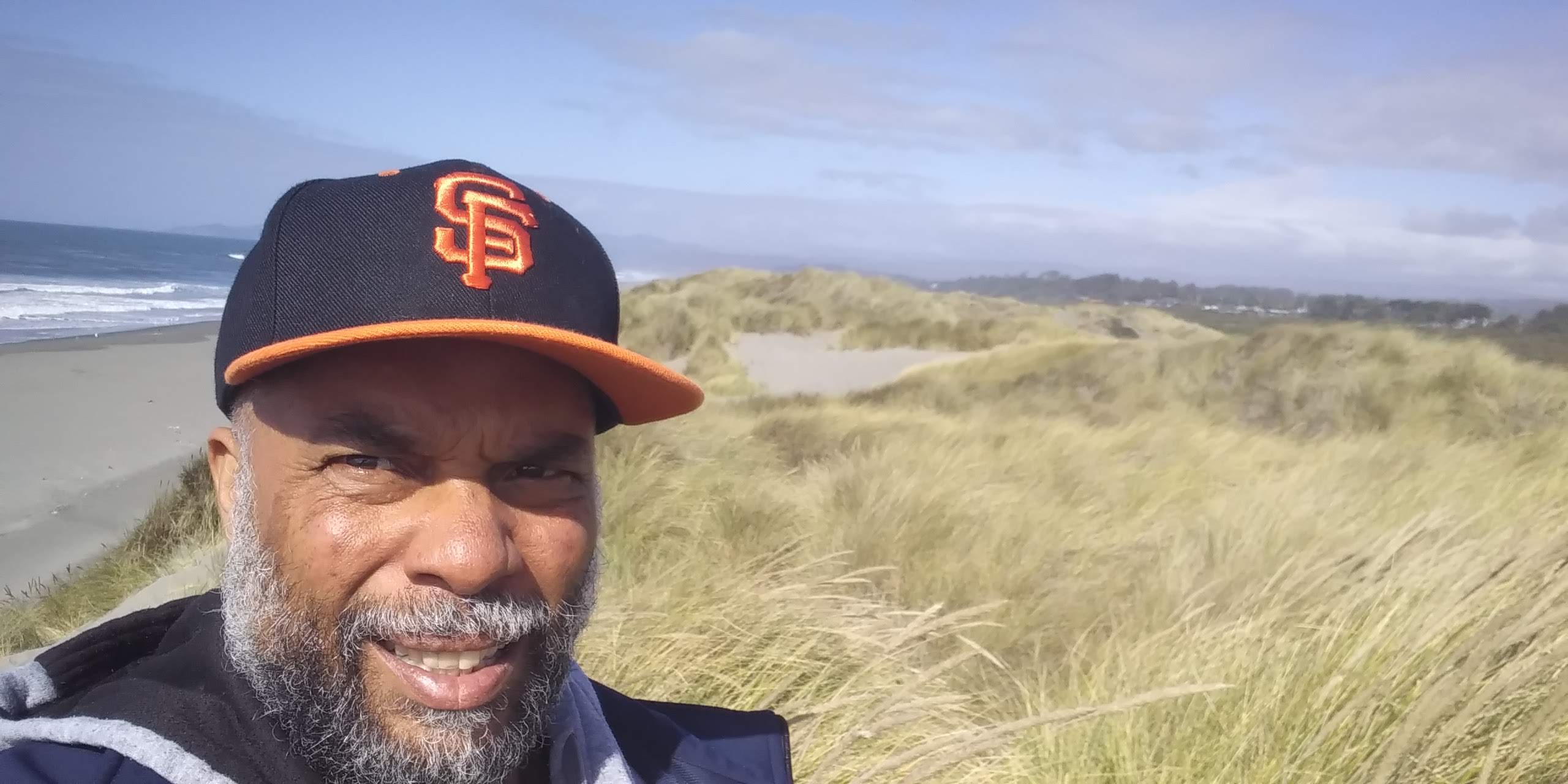
Zappa Montag is a leader with Black to the Land based in Oakland, California. In addition, he is a landscaper, organizer, and father who loves nature, family education, and ancestral economic structures of gifting and exchange. Through Black to the Land, Zappa works to bring together a small-scale healing village designed for earth-based living in the brutal context of historic and everyday traumas of enslavement and incarceration. Zappa advances a holistic approach to mental health, ecological sustainability, and justice. His work is centered around the idea that the mental health and physical well-being of historically oppressed people can be greatly improved through closer contact with nature, as well as through work that is restorative, healing, and sustainable to both humans and ecology.

1 Comment
Black to the Land — Anthropocene Alliance | Environmental JusticeMar 8, 2022 at 4:17 PM
[…] Thriving Earth Exchange Zappa […]